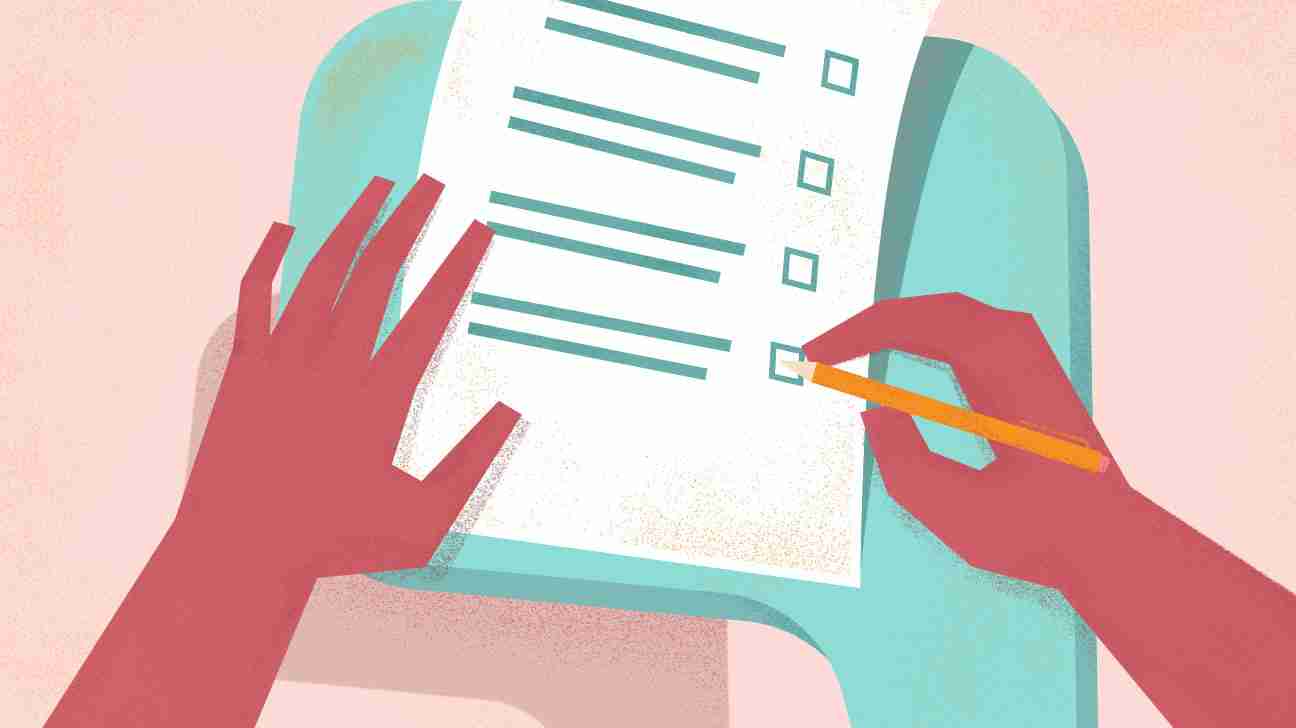Psoriatic arthritis (PsA) is a chronic condition that requires continuous management and many aspects of care. Your doctor may recommend easing symptoms like joint pain and inflammation with a combination of treatments. In addition to medications, there are activities you can try from the comfort of your home.
Here are six home-based remedies to relieve your PsA symptoms.
You can engage in many forms of low-impact exercise from home. Exercising when you have PsA can help loosen stiff joints, reduce inflammation and pain, boost your mood, and help with weight control.
Walking in your neighborhood may be a good way to engage in regular exercise. You can also follow a yoga video from the comfort of your living room to move your body and relax your mind. Other low-impact exercises include bike riding or joining a local pool to go swimming.
Do what feels comfortable for you. Your doctor can also advise you on exercises that are suited for you based on the severity of your symptoms.
Your weight and diet can have a big impact on your PsA symptoms. Maintaining a healthy weight can reduce stress on your joints and eating a balanced diet can keep your body fueled with the right vitamins and minerals.
The Medical Board of the National Psoriasis Foundation
Here are a few ways to maintain a healthy diet with PsA:
- Eat a variety of foods including fruits, vegetables, and proteins. You can eat carbohydrates and fat, but consider consuming them in moderation.
- Incorporate omega-3 fatty acids into your diet to reduce inflammation.
- Eat inflammation-fighting and antioxidant-rich foods and supplements like leafy greens, broccoli, blueberries, and turmeric. You can incorporate turmeric into your cooking or take it as a supplement.
- Avoid eating too much sugar or salt.
- Avoid gluten if you have celiac disease or a gluten sensitivity.
- Avoid eating foods or drinking beverages that trigger your symptoms or interfere with your medications.
Taking care of your body if you have PsA includes getting enough rest. You should leave room in your daily schedule for down time and breaks to avoid fatigue. Pain and inflammation can contribute to fatigue, as well as the medications you take for your condition.
You may decide to take rest breaks between blocks of work, or exercise a few times a day for short periods rather than filling hours upon hours with productivity. Having a comfy spot to rest in your home may make your breaks more appealing.
Psoriatic Arthritis
How are You Coping with Psoriatic Arthritis?

Answer 5 simple questions to get an instant assessment of how you’re managing the emotional side of psoriatic arthritis, along with resources to support your mental wellness.
get started
You may want to use various protective devices in your home to relieve pressure and strain in your joints. These can help you complete many of your daily tasks.
Wearing braces and splints can relieve discomfort and protect your body when you move around. Your doctor can recommend the best ones for your needs.
Set up your home office to better accommodate your PsA. Keep ergonomic posture in mind if you sit in front of a computer for long stretches of time. This may include buying a more comfortable office chair, repositioning your monitor, or using supports for your keyboard and mouse.
Stands and comfortable cases for your smartphone and tablet could ease strain on your hands and arms if you use them frequently. Holding these devices for prolonged periods of time could make your joints stiff and uncomfortable.
Finally, equip your kitchen with gadgets that ease use on your joints. Purchase a tool to help you open tight lids more easily. These can also alleviate strain on your hands and wrists.
Additionally, buy knives with ergonomic handles and replace wet washcloths with sponges so you don’t ball up your hand when wiping down countertops.
Your doctor or a specialist like a physical or occupational therapist may have other recommendations on ways to make your home more accommodating.
Meditation and mindfulness are two ways to combat stress in your life and relieve PsA symptoms. Stress can work in two ways if you have PsA.
First, stress can trigger your symptoms. This occurs because your immune system overreacts to stress and sends too many chemicals into your body in response to your stress level. Second, the discomfort from your symptoms may cause you stress and affect your mental health.
You may find that meditation helps relieve stress in your life, and you can practice it regularly at home. Meditation helps you calm your mind and regulate your emotions and thoughts. You can find a meditation center to help you learn the process, or you can use an app on your smartphone to help guide you during your practice.
Mindfulness is a specific type of meditation that can help with stress as well as pain. Practicing mindfulness is the process of calming your mind and paying attention to what is going on inside and outside of your body. You can practice mindfulness in as little as 15 minutes by sitting down, closing your eyes, and focusing on your breath.
The use of essential oils may help ease PsA symptoms, though more research needs to be done to determine their effectiveness. You can use essential oils with aromatherapy or incorporate the essential oils into substances to use directly on the skin.
Lavender essential oils may improve your mood and help with inflammation and pain. Eucalyptus, cinnamon, and ginger are thought to have anti-inflammatory qualities as well.
Make sure you always dilute the essential oils before using them. Add a few drops of them with water in a diffuser or mix them with a scentless carrier oil like fractionated coconut oil or jojoba oil.
Use essential oils with caution because they may cause adverse reactions. Keep in mind that essential oils are not regulated by the Food and Drug Administration so their quality varies.
Managing PsA involves more than just taking medications. There are many ways you can take care of your symptoms without leaving your home, from de-stressing with meditation to eating healthy foods. Make sure to speak with your doctor if you’re experiencing severe pain that doesn’t stop with medication and self-care.
